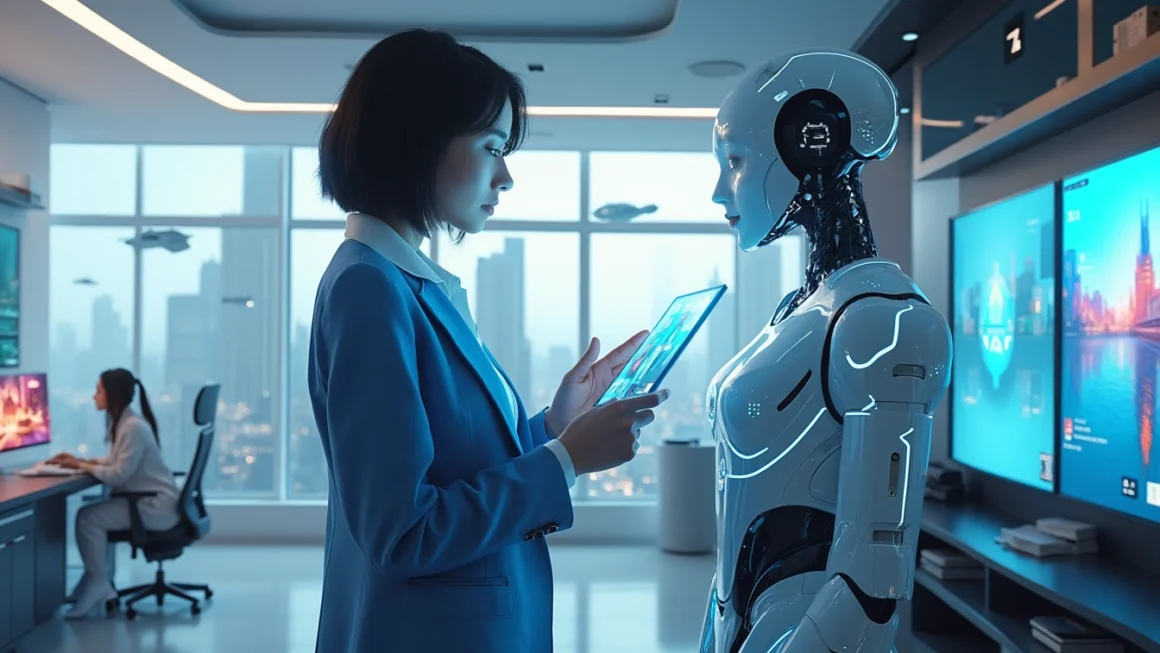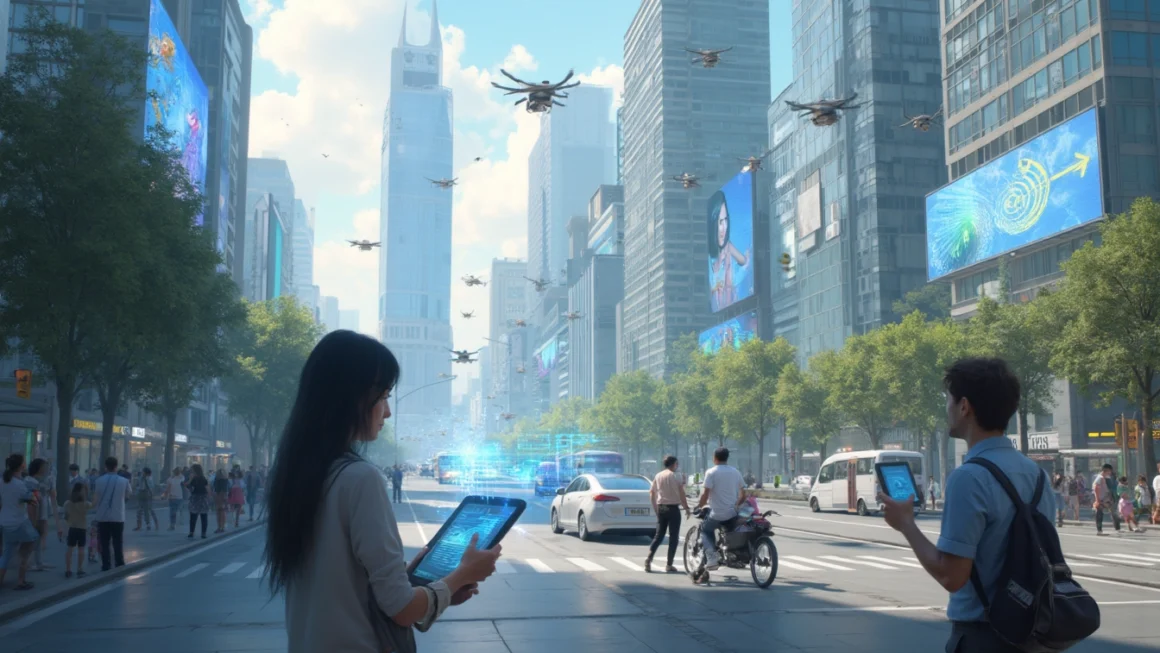The Rise of Artificial Intelligence in Everyday Life
Table of Contents
Artificial Intelligence (AI) has rapidly evolved from a futuristic concept to a ubiquitous presence in our daily lives. As we navigate through the 21st century, the influence of AI continues to grow, reshaping industries, transforming job markets, and altering the way we interact with technology.
AI in Our Homes
Smart home devices have become increasingly common, with AI-powered assistants like Alexa, Siri, and Google Home managing our schedules, controlling our appliances, and even anticipating our needs. These virtual helpers are just the tip of the iceberg when it comes to AI’s integration into our domestic lives.
Revolutionizing Healthcare
In the medical field, AI is making significant strides. From diagnostic tools that can detect diseases earlier and more accurately than human doctors, to personalized treatment plans based on genetic information, AI is enhancing patient care and outcomes. The potential for AI to accelerate drug discovery and improve mental health support is also being explored.
Transforming the Workplace
AI is reshaping the job market, automating routine tasks and creating new roles that didn’t exist a decade ago. While there are concerns about job displacement, AI is also opening up new opportunities for human creativity and problem-solving. As AI handles more mundane tasks, workers are free to focus on higher-level thinking and innovation.
The Future of Transportation
Self-driving cars are no longer just a dream of science fiction. AI is at the heart of autonomous vehicle technology, promising safer roads and more efficient transportation systems. Beyond cars, AI is optimizing traffic flow in smart cities and improving logistics in global supply chains.
AI in Education
Personalized learning experiences powered by AI are transforming education. Adaptive learning programs can tailor content to individual students’ needs, while AI tutors provide round-the-clock support. This technology has the potential to make quality education more accessible and effective for learners worldwide.
Ethical Considerations and Challenges
As AI becomes more prevalent, important ethical questions arise. Issues of privacy, data security, and algorithmic bias need to be addressed. There’s also the broader philosophical question of how to ensure AI systems align with human values and interests.
The challenge lies in harnessing the power of AI while mitigating its risks. This requires collaboration between technologists, policymakers, and ethicists to create frameworks for responsible AI development and deployment. Automation platforms are playing a crucial role in this process, allowing for the seamless integration of AI into various systems while maintaining human oversight.
The Road Ahead
As AI continues to advance, its impact on society will only grow. From enhancing scientific research to creating more immersive entertainment experiences, the possibilities are endless. However, it’s crucial that we approach this technological revolution with both excitement and caution.
The key to successfully navigating the AI-driven future lies in our ability to adapt, learn, and shape the technology to serve humanity’s best interests. As individuals, we must strive to understand AI and its implications, enabling us to make informed decisions about its role in our lives and society.
Conclusion
Artificial Intelligence is no longer a distant concept but a present reality that is rapidly changing the world around us. As we embrace the benefits of AI, we must also remain vigilant about its challenges. By fostering a balanced approach to AI development and adoption, we can create a future where technology enhances human potential rather than replacing it.
The journey into the AI-powered future has only just begun, and it promises to be one of the most transformative periods in human history. As we stand on the brink of this new era, it’s up to us to shape it in a way that benefits all of humanity.




